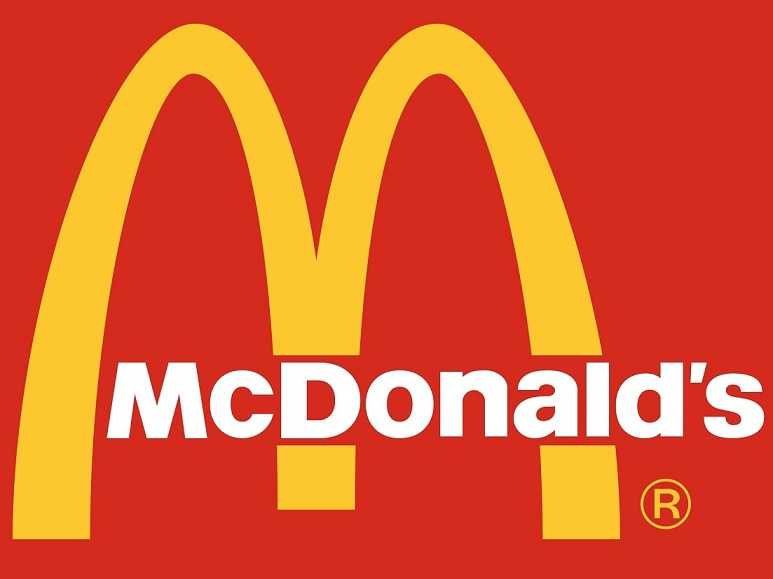CHICAGO, U.S. — McDonald’s announced today it now sustainably sources 84 percent of its McCafé coffee for U.S. restaurants – and 54 percent of all McCafé coffee worldwide – as part of its efforts to protect coffee from the adverse effects of climate change.
This announcement marks significant progress from when the company first announced its goal in 2014 to sustainably source 100 percent of its coffee worldwide by 2020, with some markets having already reached that goal.
The coffee crop is highly vulnerable to rising temperatures. In fact, one study1 showed that climate change has the potential to cut the world’s coffee-growing area in half by 2050.
In March 2018, McDonald’s became the first global restaurant company in the world to address global climate change by setting a target approved by independent experts to significantly reduce its greenhouse gas emissions.
“We know many people enjoy coffee as part of their daily routine, and, at McDonalds, we are taking meaningful steps to support farmers protecting it from climate change,” said Townsend Bailey, Director, U.S. Supply Chain Sustainability, McDonald’s. “As we continue on our journey to build a better McDonald’s, we are using our size and scale to implement significant changes that are important to our customers, our people and the environment.”
Key Sourcing Partnerships
To help protect coffee from climate change, McDonald’s has partnered with organizations – like Rainforest Alliance, Conservation International, Solidaridad, COSA, and Fair Trade – in support of the farmers in their supply chain, their communities and their land. The McDonald’s system has invested millions since 2012 to train roughly 20,000 farmers on sustainable practices ranging from reforestation to water quality so they can continue to steward their land.
In 2016, McDonald’s launched its McCafé Sustainability Improvement Platform (SIP), in partnership with Conservation International. McCafé SIP is a framework guiding the coffee supply chain in sustainable sourcing, as well as an investment in coffee growers and their communities over the long term.
McDonald’s is also part of Conservation International’s Sustainable Coffee Challenge, which aims to make coffee the world’s first sustainable agricultural product. United with other key industry players — retailers, roasters, producer groups, industry associations and non-governmental organizations — McDonald’s is helping make the changes needed to transform the industry.
“For people to enjoy coffee in the future, we need to do our part to take care of it now,” said Raina Lang, Director, Sustainable Coffee Markets at Conservation International. “Through our partnerships with McDonald’s and across the industry with the Sustainable Coffee Challenge, the coffee sector is making strides in protecting and strengthening coffee production around the world.”
Beyond coffee beans, McDonald’s USA is proud to work with US dairy farmers to source its McCafé dairy needs. By 2020, nearly all dairy products served in the U.S. will come from farms that participate in the Farmers Assuring Responsible Management (FARM) Program, which strives to hold its members to high standards of animal care, and environmental and antibiotic stewardship.
A Hometown Experience: The McCafé Sustainable Coffee Journey
On Thursday, November 29, McDonald’s is replicated a South American coffee farm in its hometown of Chicago: the McCafé Sustainable Coffee Journey. From interacting with coffee farmers to enjoying a complimentary McCafé beverage under towering coffee trees, consumers got a firsthand look at the source of their daily brew and experience how McDonald’s is helping protect it from climate change. The event was free and open to the public, at Pioneer Court (401 N. Michigan Ave.) in downtown Chicago.
Ongoing Commitment
Today’s sustainability progress announcement for McCafé coffee is the latest update on building a better McDonald’s. Previous commitments and progress milestones include recently announcing that McDonald’s classic burgers – including the hamburger, cheeseburger, double cheeseburger, McDouble, Quarter Pounder with Cheese, double Quarter Pounder with Cheese and Big Mac – have no artificial preservatives, no artificial flavors and no added colors from artificial sources (our pickle contains an artificial preservative, so skip it if you like).
Additionally, McDonald’s has also pledged to transition to cage-free eggs in US and Canada by 2025 and by the end of 2020, McDonald’s has also committed to sourcing a portion of its beef from its top 10 beef-sourcing countries from suppliers participating in sustainability programs aligned with the Global Roundtable for Sustainable Beef principles and criteria. For more details on McDonald’s efforts, visit the Scale for Good website.
1 Fair Trade Organization: http://fairtrade.com.au/~/media/fairtrade%20australasia/files/resources%20for%20pages%20-%20reports%20standards%20and%20policies/tci_a_brewing_storm_final_24082016_web.pdf
2 Fair Trade Organization: https://www.fairtrade.org.uk/Farmers-and-Workers/Coffee

















